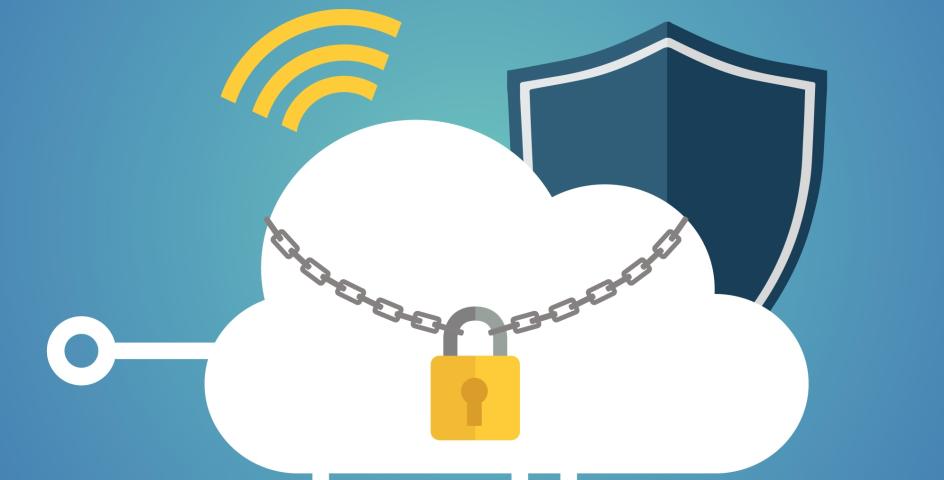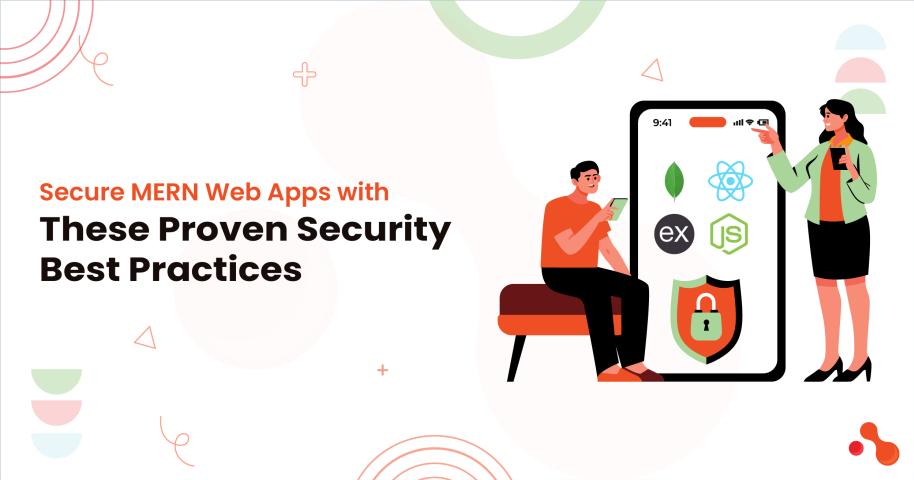For many IT professionals, achieving a CCIE Security certification is a critical milestone and a challenging feat. Known for its depth and complexity, the CCIE Security exam demands more than just technical knowledge; it requires strategic preparation, practice, and precision. However, candidates often face common pitfalls that can hinder their success. Here, we’ll discuss these pitfalls and provide actionable tips on how to avoid them to stay on track for CCIE Security success.
1. Neglecting to Set a Realistic Study Schedule
One of the most common mistakes is underestimating the time and commitment required for CCIE security preparation. Candidates often try to squeeze study time into a tight schedule, only to feel overwhelmed as the exam date nears.
Solution: Create a realistic and consistent study plan tailored to your current knowledge and availability. Break down each exam section and dedicate ample time to reviewing and practicing.
2. Overlooking Hands-On Practice
CCIE Security is highly hands-on, and relying solely on theoretical study materials can leave gaps in your knowledge, especially when it comes to lab exams.
Solution: Supplement your theoretical study with hands-on lab practice. Use simulators or real devices to build a robust foundation in configuring, troubleshooting, and securing networks.
3. Failing to Review the Exam Blueprint
Each CCIE Security exam has a defined blueprint that outlines the specific skills and knowledge areas tested. Ignoring or misunderstanding this blueprint can lead to focusing on topics that are either irrelevant or less important.
Solution: Familiarize yourself with the official CCIE Security exam blueprint early in your preparation. Make sure you’re focusing on the specific skills and domains emphasized in the test.
4. Not Managing Stress and Burnout
The intensity of CCIE Security preparation can lead to stress and burnout, impacting your mental and physical health. Pushing through fatigue often backfires and reduces your learning efficiency.
Solution: Prioritize self-care by scheduling regular breaks and incorporating physical activity into your routine. A refreshed mind retains information better, so keep stress at bay for more effective learning.
5. Skipping Time-Bound Practice Labs
While knowledge is crucial, your ability to apply it within the allotted time is equally important. Many candidates overlook time management in practice labs, which can lead to rushed decisions and errors during the exam.
Solution: Practice labs under exam-like conditions, setting a timer to simulate the time constraints you’ll face. This helps you develop a feel for pacing and handling pressure during the actual exam.
6. Underestimating the Troubleshooting Section
The troubleshooting portion of the CCIE Security exam can be particularly challenging. Candidates sometimes overlook this section during preparation, focusing more on configuration and theory.
Solution: Dedicate ample time to practicing troubleshooting scenarios. This will help you develop problem-solving skills and improve your ability to diagnose and resolve network issues quickly and effectively.
7. Ignoring Mock Exams and Practice Tests
Some candidates skip mock exams, fearing poor results or feeling unprepared. However, these tests are invaluable for identifying weak areas and building confidence.
Solution: Regularly take practice exams under realistic conditions. Analyze your results to pinpoint topics that need further study and familiarize yourself with the exam format and question types.
8. Using Outdated Study Resources
Networking and security technologies evolve quickly, and using outdated study materials can leave you unprepared for new concepts included in the exam.
Solution: Verify that your resources are up-to-date with the latest CCIE Security exam blueprint. Rely on reputable study materials, including Cisco’s official resources, to stay current on industry developments.
9. Neglecting Peer Support and Study Groups
Studying for CCIE Security alone can be daunting. Lack of support or feedback from peers can make the preparation process isolating and difficult.
Solution: Join study groups or online forums where CCIE Security candidates share tips, resources, and encouragement. Collaborative learning can enhance your understanding of complex topics and provide motivation.
10. Rushing the Review Process Before the Exam
A final review phase is crucial for consolidating knowledge and reinforcing weak areas, yet many candidates rush through this stage due to time constraints or overconfidence.
Solution: Plan a thorough review in the weeks leading up to the exam. Focus on areas that need reinforcement, and take the time to revisit difficult concepts, refining your knowledge and boosting your confidence.
Conclusion
The CCIE Security certification is a challenging yet rewarding journey that requires careful planning, commitment, and adaptability. By understanding and avoiding these common pitfalls, candidates can enhance their preparation and increase their chances of success. Remember, the key to mastering CCIE Security is not just in hard work but also in smart, strategic studying. Staying aware of potential missteps and actively addressing them will bring you closer to your goal.
To start your path to certification with confidence, consider enrolling in a comprehensive CCIE Security training program that can guide you through each stage of preparation. With expert guidance, you’ll be well-equipped to overcome challenges and achieve your CCIE Security certification.







